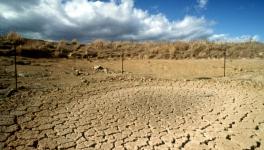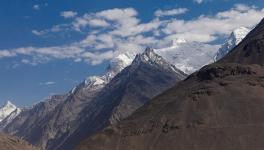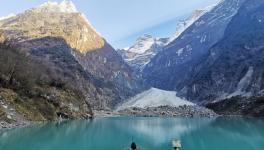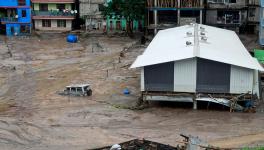Scientists Call for Investment in Hindu Kush Himalaya to Fund Fight to Reverse ‘Catastrophic’ Nature Loss
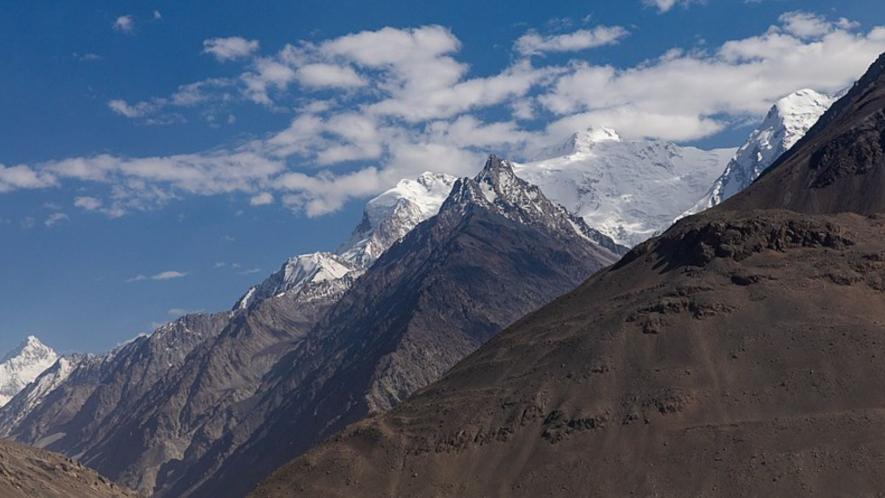
Image Courtesy: Wikipedia
Patna/Kathmandu: Leading scientists have stressed the need for investment in Hindu Kush Himalaya (HKH), one of the most biodiverse regions on Earth, to fund the fight to reverse nature loss and species extinction.
Scientists have declared the HKH region a ‘biosphere on the brink’ at a major global meeting of biodiversity experts at Kathmandu-based the International Centre for Integrated Mountain Development (ICIMOD).
"This is a region that must be urgently prioritised for investment – to fund the fight to reverse nature loss and species extinction. Worldwide we’re seeing a huge uptick in investments in ecosystem restoration and a growing recognition of the role that nature plays in human survival. We must ensure that funding to the Hindu Kush Himalaya rises at an exponential rate before these fragile and crucial ecosystems collapse, by building nature into all investment and action. And we must accelerate policy, institutional and market reforms to make this happen. And also push for much more rapid increase in integrated global finance, especially for high value and vulnerable regions like the HKH.” said Kathmandu based ICIMOD Ecosystems Specialist Sunita Chaudhary.
More than 130 global experts are attending the Third Lead Authors meeting of the Intergovernmental Science-Policy Platform on Biodiversity and Ecosystem Services (IPBES) nexus assessment, which examines the linkages between food and water security, health, biodiversity at ICIMOD. IPBES is an independent intergovernmental body, with 143 member states, established to strengthen the science-policy interface for biodiversity and ecosystem services.
Deputy Director General of ICIMOD Izabella Koziell informed the scientists that the speed and scale of losses in nature and habitat in the Hindu Kush Himalaya region, which stretches 3,500km and spans eight countries, as catastrophic. “It is almost too late,” she said.
Four of the world’s 36 global biodiversity hotspots are in this region. As many as 12 of the global 200 eco regions, 575 protected areas, 335 important bird areas, those figures speak for themselves. “Yet we are in an accelerating crisis, despite the efforts of everyone here and many in the international community. 70% of the original biodiversity has been lost over the last century. And yet 85% of mountain communities remain dependent on this biodiversity, for food, water, flood control and cultural identity,’ she said.
“The declines in nature across this region,” said IPBES author and ICIMOD Ecosystems Specialist Sunita Chaudhary, “are so advanced and accelerating so fast they now pose a threat to the lives of not just animal and plant life, but also human societies.”
As many as 241 million people live in the Hindu Kush Himalaya region: 31% of whom are food insecure and half of whom face some form of malnutrition.
IPBES choice of ICIMOD as the host for its first lead authors meeting in South Asia, was an ‘honour”, said Koziell.
“We see this as recognition of the organisation’s sustained commitment to science diplomacy about this extraordinarily rich and fragile zone over the past 40 years. But more importantly, of the outsized contribution mountains in general and the Hindu Kush Himalaya in particular play as refuges of biodiversity, and the unprecedented risks now posed to these places and species,” she added.
Mountains cover 22% of Earth’s land surface but hold 50% of the world’s global biodiversity hotspots. Given mountains’ acute vulnerability to climate change, ICIMOD researchers have called for IPBES to consider a dedicated Global Mountains assessment.
Get the latest reports & analysis with people's perspective on Protests, movements & deep analytical videos, discussions of the current affairs in your Telegram app. Subscribe to NewsClick's Telegram channel & get Real-Time updates on stories, as they get published on our website.













